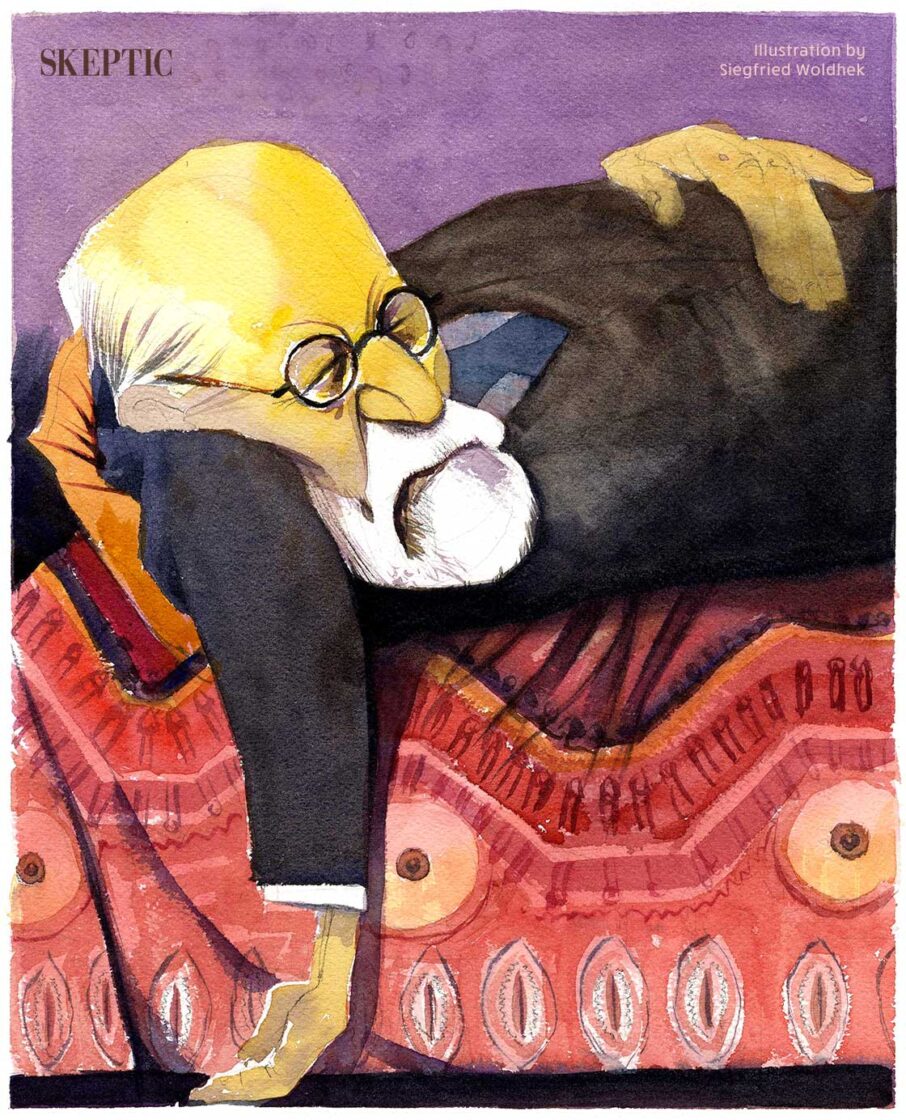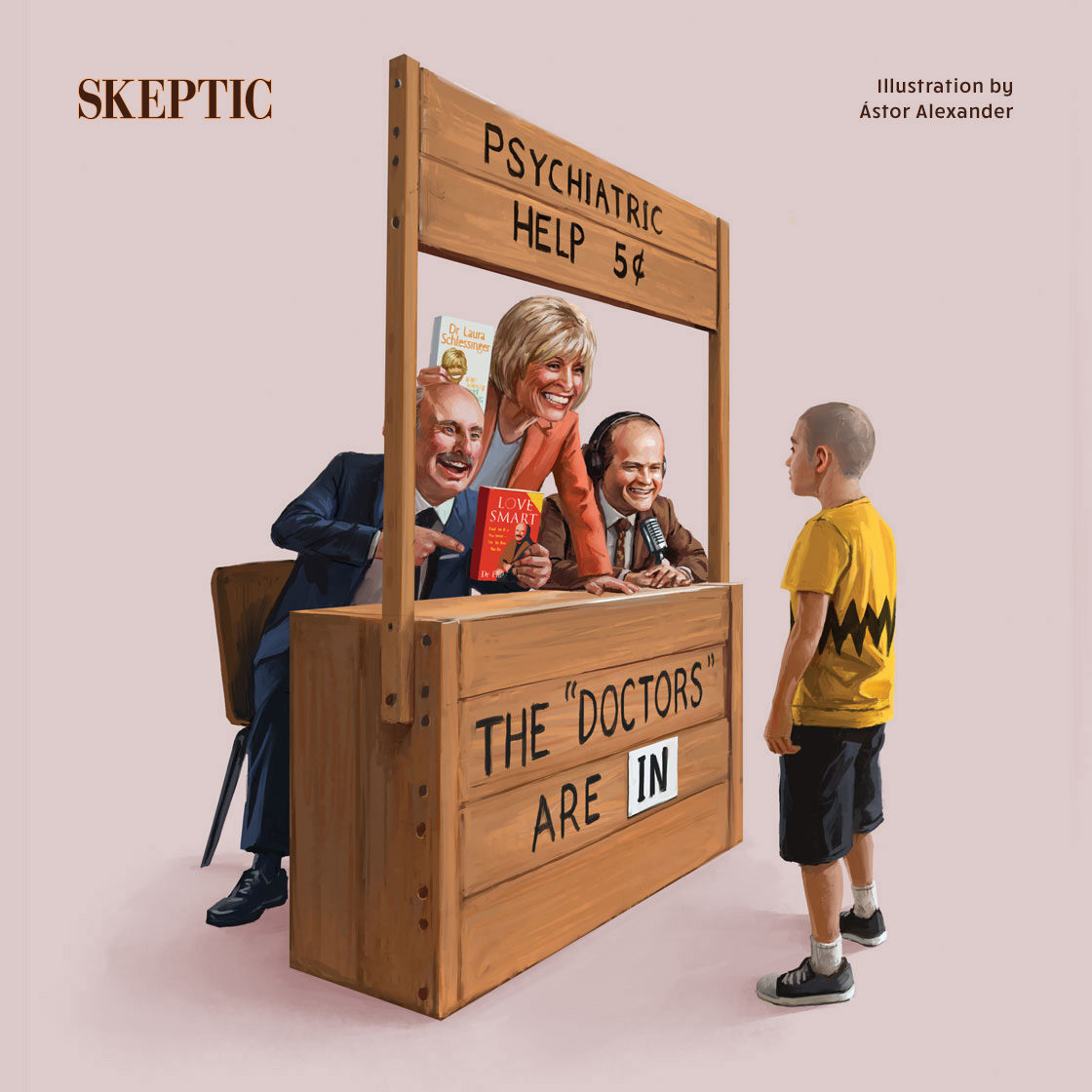psychotherapy

While not going so far as arguing, as some have, that psychotherapy is always effective, I’d like to present some data and offer some contrasting considerations to Harriet Hall’s article: “Psychotherapy Reconsidered” (in Skeptic 28.1). Probably no other area within social science practice has been so inordinately and unfortunately praised and damned. Many of us […]

Is psychotherapy effective? Which of the many types is best? Are certain therapies better suited to treat certain problems? How can you rationally choose a therapist? Is it better to pick a psychiatrist, a psychologist, or some other type of counselor? There is a veritable cornucopia of individuals offering advice about mental health issues, from celebrities to life coaches to pastors to concerned friends, some with formal training and some with no credentials at all. Does psychotherapy ever make patients…

Scientifically trained psychologists and social scientists have long been skeptical of clinical psychotherapy techniques because they are so dependent on anecdotes instead of data. In response, clinicians with scientific training have developed data-based techniques, like Cognitive Behavior Therapy. But these new techniques have not trickled down to pop psychologists like Laura Schlessinger (Dr. Laura) and Phil McGraw (Dr. Phil), along with self-help gurus like Tony Robbins. This article critiques these pop psych nostrums.
In this week’s eSkeptic, Richard Morrock discusses psychoanalyst Wilhelm Reich’s development of pseudoscientific psychotherapy, sensational claims and extreme theories. This article appeared in Skeptic magazine, volume 2, number 3 (1994). This is a follow-up article to Epigones of Orgonomy, which appeared two weeks ago in eSkeptic.











